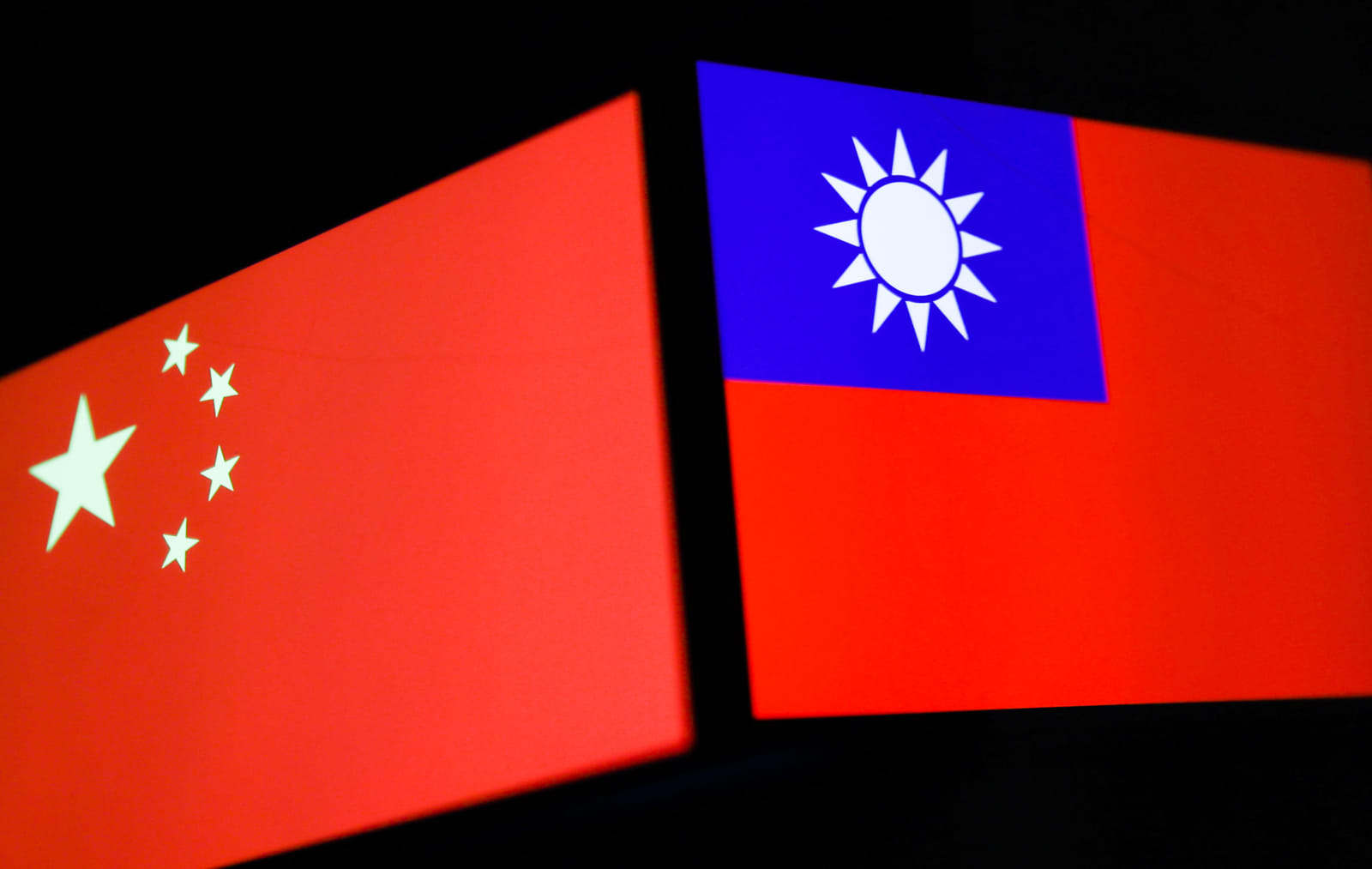Since President Xi Jinping has made the unification of Taiwan a historical necessity and a part and parcel of his great rejuvenation of the Chinese nation, the use of force remains a real possibility.
In the recently concluded general elections in Taiwan held on 13 January 2024, the Democratic Progressive Party (DPP) gained the highest votes and will form the government
What could be expected next? Since mainland China has pronounced this election as a choice between war and peace, the victory of Lai-Hsiao team is bound to face bigger challenges in the form of military, economic, and psychological coercion. Wang Wenbin, the spokes person of the Ministry of Foreign Affairs remarked on the eve of Taiwan elections
that “Taiwan independence” and peace across the Taiwan Strait are incompatible as fire and water (水火不容).
“Taiwan independence”, he said, means “war and is a dead end.” Two distinctive things that have emerged from this election are—the indigenisation and externalisation of the “Republic of China” (RoC), and bothare mutually inclusive from a Taiwanese perspective.
As regards the indigenisation, the DPP, the KMT and the TPP without exception have indigenised themselves, especially the KMT that has its origins in the mainland.
The candidature of Hou Yu-ih in this election is an example, for the Party have realised that without localisation it would be difficult to oust the DPP that has very strong roots in Taiwan and is free from the “mainland complex.” No wonder former president Ma Ying-jeou’s call for having trust in Xi Jinping has fallen on deaf ears in the Island. The RoC, rather than
“reclaiming the mainland”, is lai Ching-te limited to governing Taiwan.
Rather all political parties in Taiwan have reached a consensus that the present status quo need to be maintained, and that the declaration of independence is a misnomer. The so-called “externalization” of the RoC is visible in the wake of China’s diplomatic and military assertiveness and geopolitical churnings in the Indo-Pacific and beyond. Nauru snapping
diplomatic ties with the RoC is an indicator that Taiwan would not be able to stop the small republics embracing the People’s Republic of China (PRC). Therefore, the new strategy, rather continuation of the Tsai Ing-wen’s “letting the small go and embracing the big powers” strategy would be thenew normal. This, in other words, is China’s Achilles’ heel for two major reasons.
One, the externalization of the RoC and the response it receives from major powers undermines the “One China Policy”. Two, it also draws a parallel between the authoritarian PRC and the democratic Taiwan. In other words, the 113-year-oldrepublic, that has survived till date and is ruled from Taiwan gains prominence, if not legitimacy, and emboldens countries around the world to look at the Taiwan question from a different perspective. Since the PRC considers itself the only legitimate entity to rule China, any attempt by countries to legitimize the RoC would be dealt with appropriately, including the use of force. Moreover, since President Xi Jinping has made the unification of Taiwan a historical necessity and a part and parcel of his great rejuvenation of the Chinese nation,
the use of force remains a real possibility. Given the predicament of the DPP in the Executive Yuan, the mainland is expected to continue its United Front work in the “relevant political parties” for the “cause of the national unification” and better cross Strait ex changes, as pronounced by Chen Binhua, when Lai was declared winner on 13 January. The Lai-Xiao duo, while toeing former President Tsai’s political line, though may adopt a more pragmatic approach to deal with mainland China, however, much would also be dictated by
the state of US-China relations.
The Biden administration has adopted an unusually tough posturing against China, even committing to use military force. This posturing may change if Donald Trump makes a comeback. Remember him saying Nancy Pelosi “always creating trouble” when she visited Taiwan in 2022? Nonetheless, “One China Policy” of the US would continue. As regards, the India-Taiwanties, these are likely to maintain an upward trajectory in fields such as trade and investment, education and culture. But India is unlikely to change its “One China Policy” in the near future, even if there are sections in India calling for revisiting the same in the face of the prolonged military standoff between India and China in the Western Sector.
B.R. Deepak is Professor, Center of Chinese and Southeast Asian Studies, Jawaharlal Nehru University, New Delhi.

